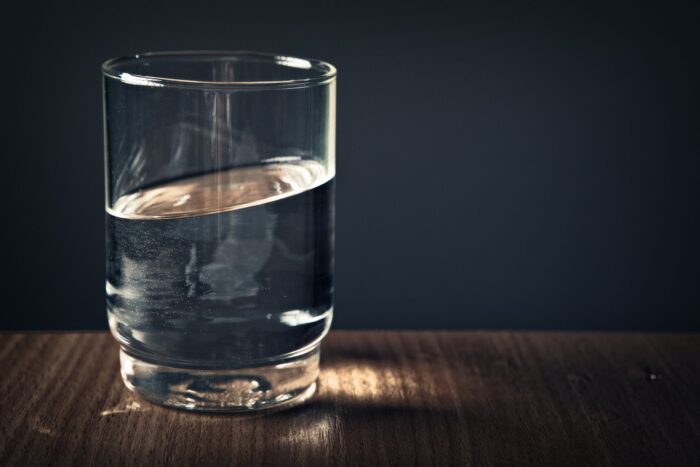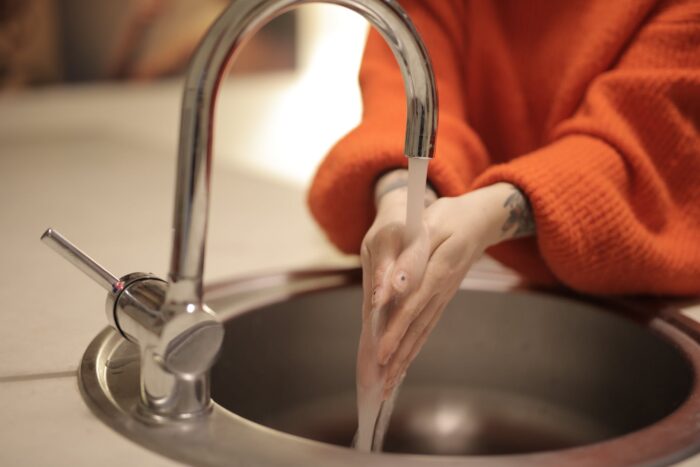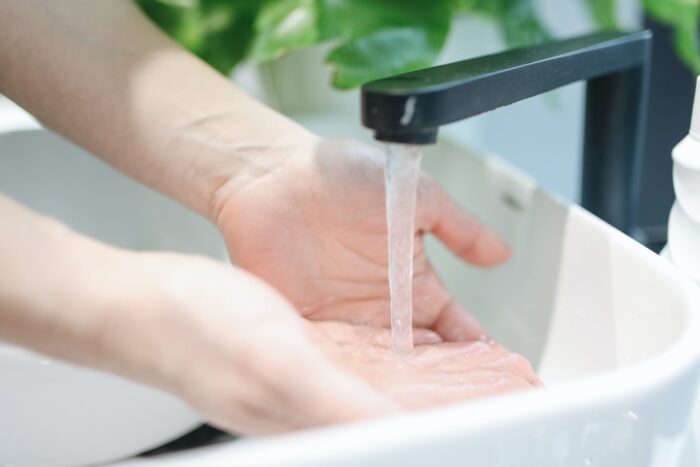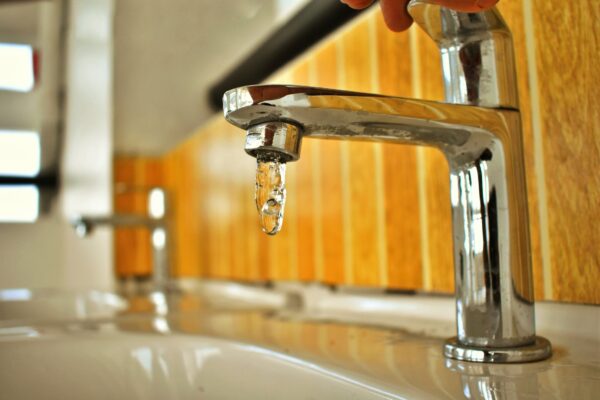Are you completely lost when it comes to choosing a primary water filter? At first, it may feel like a daunting task, particularly if you’re a new homeowner and have a long to-do list. While a simple water filter pitcher or other common filter may get you by in the short term, eventually, you’ll want to upgrade to a better system.
First, when choosing a system, it’s best to consider a system that does most, if not all, of the heavy lifting. This way, you don’t have to worry about installing small filters in your bathroom or kitchen, and better yet, there’s no need to rely on a water filter pitcher.
In the following section, you’ll learn the first step to take when identifying which type of water filtration system will suit your home the best.
Municipal water or well water?

The most important first step is to identify your water source. Are you on well water or municipal water? The biggest difference is that municipal water gets pre-treated with common disinfectants such as chlorine and chloramines. Over the years, the use of chloramine has become more common, and this is important to consider when choosing your filter.
For one, you don’t want to choose a common chlorine water filter to remove chloramines because you won’t effectively remove chloramines. In other words, the key point here is to determine whether your tap water contains chloramines or chlorine to help you choose the right filter for your tap water.
Now, on the other hand, if you’re on well water, chances are, you don’t have a chlorine water treatment system installed in your home. The good news is that there’s a excellent chlorine-free alternative to eliminating any potential harmful bacteria in your well water.
Instead of using chlorine or chloramines, you’ll opt for an efficient UV water filter recommended here. UV water purifiers use ultraviolet light to effectively remove up to 99.99% of potentially harmful bacteria in well water. Ultimately, this is the most effective disinfectant for well water that requires no chemicals and minimal maintenance.
Get Your Water Professionally Tested

Once you’ve considered your water source and how to eliminate bacteria, it’s time to find out exactly what’s in your water. For this step, you may choose to have a lab test your water or do it yourself with a professional kit. Depending on how comfortable you are doing it yourself and the level of accuracy you desire, opting for a professional lab test is the better option.
Why is this important? Once you know exactly what’s in your water, choosing the right water filter becomes a lot easier. For example, if your water is high in iron, then you’ll choose a filter that effectively targets iron.
Additionally, if your water is hard with a large number of common minerals including calcium and magnesium, you’ll want to choose a system that reduces the total dissolved solids (TDS). And this is where things get tricky because most filters do not reduce TDS. Rather, they remove common water contaminants while leaving the minerals intact.
How to Treat Hard Water

Hard water is no fun no matter which way you look at it. If your water is hard, you’ll end up with scaling inside your kitchen appliances and around your plumbing fixtures. Also, you’ll more than likely notice that your soap doesn’t lather well and dried dishes are left with streaks.
Now, there are two primary solutions for hard water, and those are a water softener and reverse osmosis filtration. Additionally, it’s possible to use these two water treatment options together in a complete system. However, don’t let that scare you away because it may seem complicated at first.
To make things easier on yourself, you’ll know for sure whether you have hard water after testing your water. Also, testing for water hardness can be done with a simple PPM meter that tells you how much total dissolved solids are in your water. It’s not a bad idea to pick up a basic PPM meter to be able to test your water before and after installing a softener or reverse osmosis system.
Overall, reverse osmosis does the better job of removing dissolved solids from your water, while a water softener replaces calcium and magnesium with sodium ions. In the end, a reverse osmosis system will significantly lower your TDS while a water softener will not. This point is very important to consider because while a water softener will reduce water hardness, it will not lower the TDS of your drinking water. For drinking water purposes, a reverse osmosis system is the better choice.
Ultimately, if you’re battling hard water and a long list of contaminants, a whole-house reverse osmosis system is your best bet. This system treats all of the water that flows through your home as it enters. Plus, this type of system pairs well with a UV water purifier if you’re on well water.
Final Thoughts

The main point to consider when choosing a primary water filter for your home is knowing what you need to target. Because the last thing you want to do is buy an expensive water treatment system that doesn’t take care of your needs.
If you’re lucky, your tap water may only require chlorine removal if it’s not hard. Chlorine is one of the easiest contaminants to remove at very high rates, so a single whole-house water filter might be all you need to treat all the water inside your home for both bathing and drinking purposes.
However, if you fall into the not so lucky group of people, there’s a good chance that you’ll need to install a more intricate system with additional treatment stages. For this reason, it’s imperative to get your water professionally tested or use a professional kit to get a clear idea of what’s in your water before hiring a plumber or choosing a water filter yourself.
Finally, don’t let the thought of water filtration get overly complicated because once you know what’s in your water, choosing the right filter isn’t all that hard.

